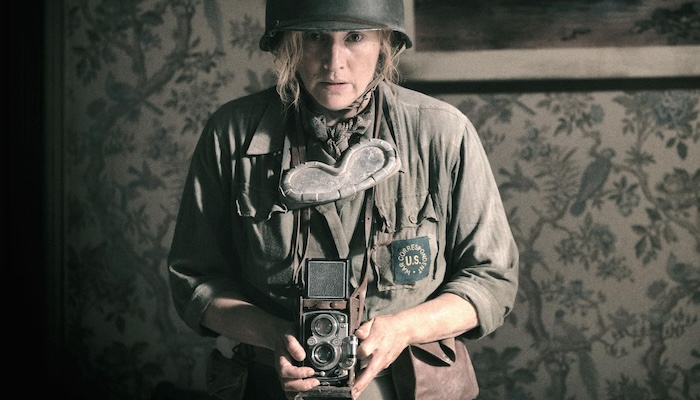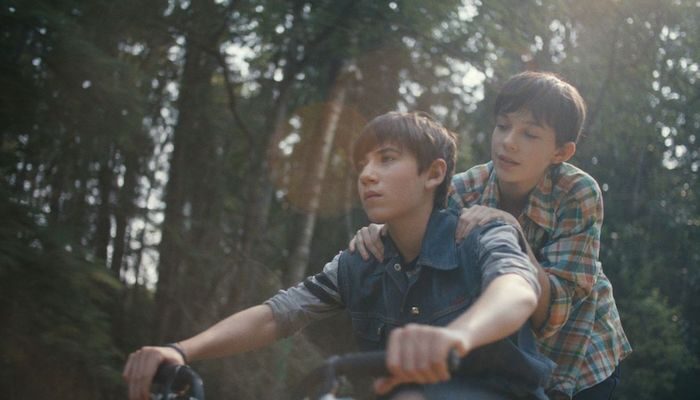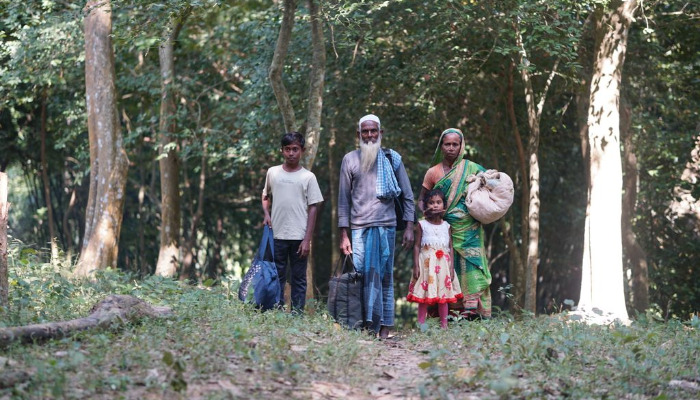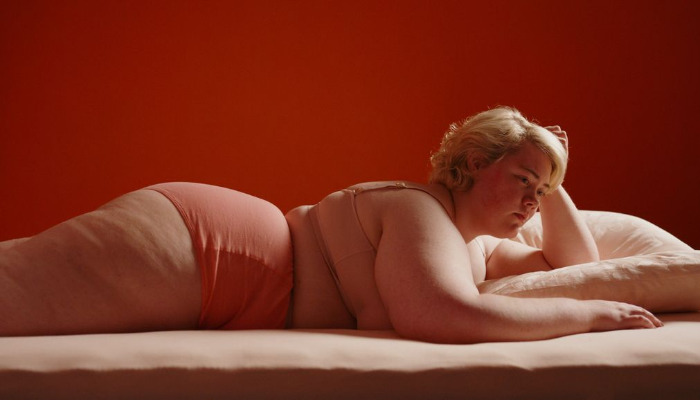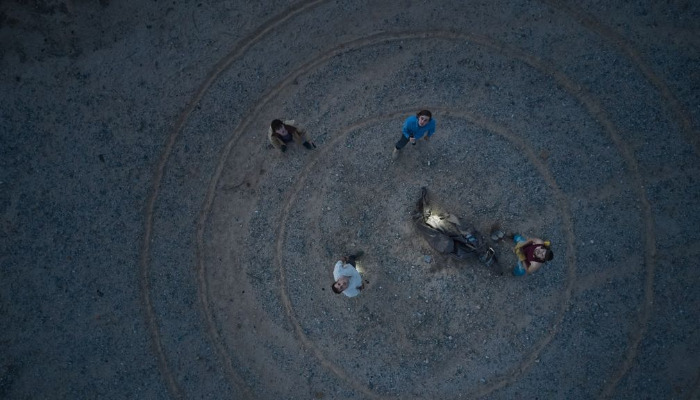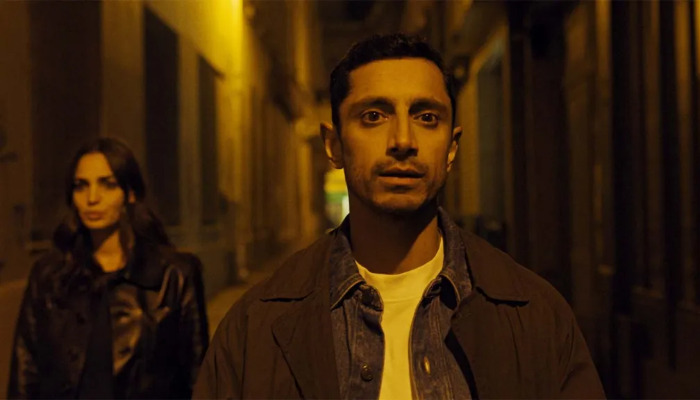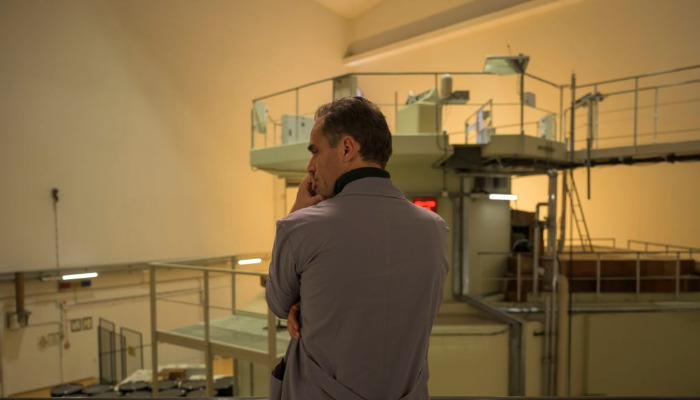Film Review: BEFORE I CHANGE MY MIND: An Uneven but Earnest Queer Coming-of-Age Debut [Locarno 2022]
Before I Change My Mind Review
Before I Change My Mind (2022) Film Review from the 75th Annual Locarno Film Festival, a movie directed by Trevor Anderson, written by Anderson and Fish Griwkowsky, starring Vaughan Murrae, Cameron Lippa, Lacey Oake, Matthew Rankin, Shannon Blanchet, Kaitlyn Haugen, Jhztyn Contado, and Anderson.
The complexity of adolescence is always a welcome angle, and Trevor Anderson’s feature-length debut Before I Change My Mind is more than eager to tackle it head-on. By mixing in a sense of gender apathy with teenage romantic confusion and ‘80s pastiche, the film recontextualizes this brand of bildungsroman into a broad but very affecting dissection of youthful sociological development – warts and all. Unfortunately those warts are also prevalent on the film’s very construction, and it makes for a very uneven – albeit still very earnest – freshmen cinematic outing.
The film’s central hook – the ambiguity around the gender of Robin (Vaughan Murrae), a teenager in the late 1980s who recently moved to Alberta from the United States – initially plays like a simple gag, with Anderson leaning into the prolonged denial of an answer for both engagement and laughs. On the first day at their new school, Robin’s teachers and peers draw attention to the question that’s on everyone’s mind: “Are you a boy or a girl?”
The teachers tend to enunciate that thought non-specifically: the gym teacher – who’s in the middle of an unsuccessful banana-based condom demonstration for a sex ed course when the film starts – addresses Robin’s gender with a prolonged pause (“You’re Robin, and you are … American!”); the music teacher, full of forced cheer and donning a strained grin, gives Robin a vague “little buddy!” term of endearment while assigning them a worn-out saxophone. Robin’s peers are more direct with pointing out the mystery, but even then they’re rarely interrogating the new student face-to-face so much as they are gossiping about them behind their back.
While this indirectness is initially jovial on the film’s part, the feeling neutralizes once you realize said indirectness is thematically intentional. The others stop asking Robin about their gender after the first act or so because, whether they consciously recognize it or not, the students realize that it honestly doesn’t matter what Robin’s gender is. Even we as the audience never become privy to their full identity, because again: it doesn’t matter what Robin’s gender is. While Robin isn’t necessarily void of gender nor the presentation of it, Anderson’s refusal to give a specific label to it – boy, girl, non-binary, agender, et cetera – denies us automatic assumptions of character that we’d likely graph onto them otherwise (as well as onto the story at-large), forcing us to think twice before submitted to our world’s hyper-gendered conditioning.
This reorientation of perspective requires us to instead observe other details about Robin’s journey beyond their potentially marginalized identity, subverting the mainstreamed expectation of what queer coming-of-age dramedies are and/or should be about. And by doing so we get incredible insight into Robin’s psyche: we see the gears in their head whirring away as they try to comprehend their growing infatuation with their bully, Carter (Cameron Lippa); you feel the moral quandary crushing them when they must decide whether or not to join in on bullying the quiet nerd, Tony (Jhztyn Contado), in an appeal for their own sense of security amongst Carter and his gang; you feel the triggering torment of otherwise contextless flashbacks that allude to a secret personal struggle, which adds further density to the already awkward relationship with their dad, Daniel (Matthew Rankin).
In essence, Robin is just a kid: a budding illustrator who desperately desires friendship and group acceptance, and who experiences love and jealousy and regret all at once. The lack of clarity on their gender identity is a non-item, a MacGuffin to reel us into a psychologically complex piece … one that might even spark reminiscence on the flaws of our own childhood selves, as once we, too, flailed about in our learnings toward becoming fully-grown people. The film ironically becomes representation through a lack of focus rather than a hyper-fixation on it, yet still manages to reinforce the personal as the universal with its scope. That feels like a mini queer cinema marvel that Anderson has pulled off here, with breakout star Murrae carrying the film with aplomb.
It’s a disappointment, then, that something as emotionally confident as Before I Change My Mind does, in fact, change its mind quite a bit with its execution.
It’s clear Anderson is a competent filmmaker and understands cinematic movements – particularly queer campiness – but his overeager drive to include homages to all of them makes the film feel jumbled. The flourishes are fun on their own – obliviousness of the cis, straight adults; the blatancy of the world’s textures (i.e. more on-the-nose porn mag titles than ones you’d actually find at your local gas station); a mid-film extended riff on Jesus Christ Superstar that makes it way more electro, glitzy, and gay than Andrew Lloyd Webber ever could – but they’re also a tonal distraction. Instead of complimenting the earnestness of Robin’s emotional arc they cheapen it with a sense of flippancy, and while not as gauche as other modern queer camp it’s still a rough go.
It should also be noted that, while Anderson’s commitment to accuracy on casting the right age is appreciated (seeing teenagers playing teenagers rather than late twentysomethings with perfect skincare routines attempting to do the same is a boon to the inner child who had body image issues within all of us), the downside is a lack of experience. Murrae does a fine job in their complex lead role, but their contemporaries …. Look, ragging on kids’ performances isn’t in good taste, but the less-than-perfect quality of them just accentuates the film’s tonal flaws, and makes for an uneven end product.
Still, Before I Change My Mind’s strong parts are so strong that this is a debut that can’t be ignored. Anderson and Murrae are promising talents with more than enough emotionally walloping power. Here’s hoping their other aesthetics can keep up in the future.
Rating: 6/10
Leave your thoughts on this Before I Change My Mind review and the film below in the comments section. Readers seeking to support this type of content can visit our Patreon Page and become one of FilmBook’s patrons. Readers seeking more Fantasia International Film Festival news can visit our Locarno Film Festival Page, our Film Festival Page, and our Film Festival Facebook Page. Readers seeking more film reviews can visit our Movie Review Page, our Movie Review Twitter Page, and our Movie Review Facebook Page. Want up-to-the-minute notifications? FilmBook staff members publish articles by Email, Twitter, Facebook, Instagram, Tumblr, Pinterest, Reddit, and Flipboard.
Related Articles
FilmBook's Newsletter
Subscribe to FilmBook’s Daily Newsletter for the latest news!


